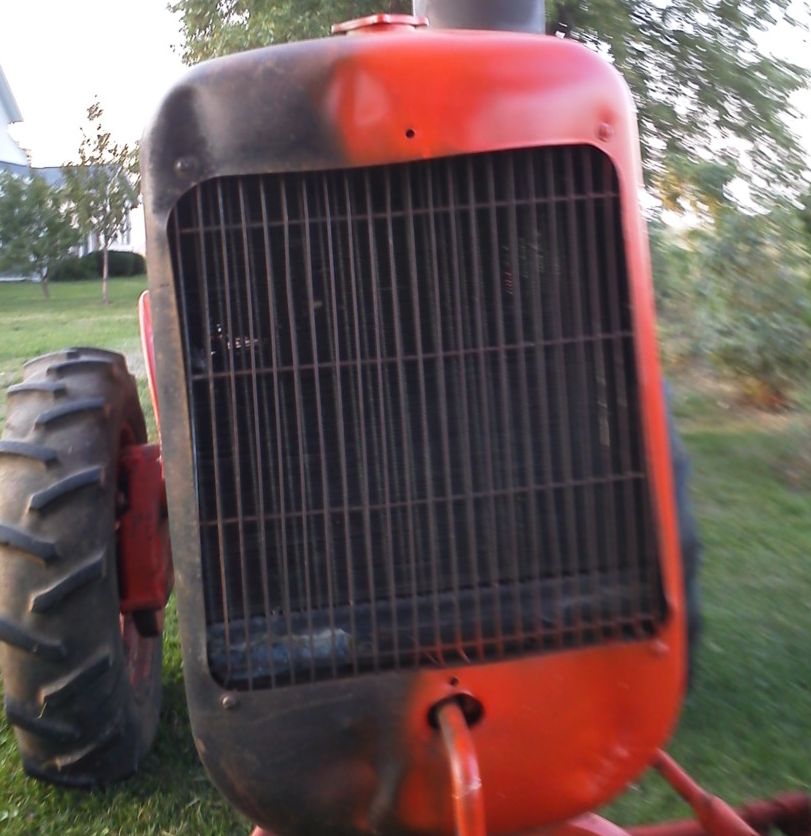
Thanks for putting all the notes here.
I know I've posted it before elsewhere, but since...
There is a significant difference between how governance works on tractors, vs. combines and generators.
Tractors are VARIABLE in governance, meaning, you choose what speed you want the prime mover to run, and the governor attempts to hold it at that point.
Combines, generators, and USUALLY dedicated power units (like pumps, drill rigs, etc) are FIXED in governance, meaning the speed the unit is set to operate, is NOT variable. The system they're integrated to is designed to run at ONE SPEED, so the governor's entire calibration, is at that point.
SOME power units are 'FIXED' but with an "IDLE" position. A combine is an excellent example of this- it has the ability to be idled down while not working, otherwise, it is at governed speed. Drilling rigs and air compressors will, Welding systems frequently do, synchronous generators won't have this.
The performance difference is all about sensitivity and load response- a fixed speed governor is mechanically optimized to maintain a critical speed. An adjustable-speed governor, by virtue of simple physics, can NOT be as accurate in it's response.









 Topic Options
Topic Options

 Post Options
Post Options Thanks(0)
Thanks(0)



 Thanks for putting all the notes here.
Thanks for putting all the notes here.
